Nation this week

The price of gold has hit Tk 112,440 per bhori (11.664 grams), the highest in the history of Bangladesh, as the Bangladesh Jewellers' Association (Bajus) decided to hike prices. The standing committee on pricing and price monitoring of Bajus took the decision at a meeting yesterday, citing a rise in pure gold prices in the local market in a statement. The previous price of each bhori of 22-carat gold ornaments was Tk 1.11 lakh.
In July last year, the price of gold crossed the Tk 1,00,000-mark for the first time in Bangladesh. Gold prices also hit a new milestone on November 29 last year, when Bajus set the price per bhori at more than Tk 1.09 lakh. Although Bangladesh does not import a significant quantity of gold, prices are almost always linked with international fluctuations alongside volatility in the domestic market. With an annual demand of 20 to 40 tonnes, 80 percent of the country's demand for gold is met through smuggling.
The new variant of the coronavirus, 'JN.1', which has spread panic in India, has also been detected in the country. Professor Tahmina Shireen, director of the Institute of Epidemiology Disease Control and Research (IEDCR), confirmed the matter on Thursday. She said that the new sub-variant JN.1 has been found in test samples of five coronavirus patients inside and outside Dhaka. However, none of them have any history of coming from outside the country.
They are all doing well now and there is nothing to worry about, Professor Tahmina Shireen said. Bangladesh reported 20 more COVID-19 cases in 24 hours till Wednesday morning. With the new numbers, the country's total COVID-19 caseload rose to 2,046,671, according to the Directorate General of Health Services (DGHS). The official death toll from the disease remained unchanged at 29,479 as no new fatalities were reported during this period.
The High Court on Thursday expressed dissatisfaction with activities of the Department of Environment as environmental pollution, including river and air pollution, was reported worse than ever in Bangladesh. The court questioned the role of the department of environment in preventing air pollution, stating that if there was any necessity of the department of environment as it could not play any role in stopping air pollution.
Dhaka has long been grappling with air pollution issues. Its air quality usually turns unhealthy in winter and improves during the monsoon. The AQI in Bangladesh is based on five pollutants: particulate matter (PM10 and PM2.5), NO2, CO, SO2, and ozone. As per the World Health Organisation, air pollution kills an estimated seven million people worldwide every year, mainly due to increased mortality from stroke, heart disease, chronic obstructive pulmonary disease, lung cancer, and acute respiratory infections.
Bangladesh Securities and Exchange Commission (BSEC) has lifted the floor price of stocks 18 months after introducing it, in order to bring back vibrancy in the market. However, the floor price will still be applicable to 35 companies and for others the upper limit and lower limit of the circuit breaker will be there, according to an order of the BSEC issued today.
The 35 companies are: Anwar Galvanizing, Baraka Power, British American Tobacco Bangladesh, Beximco Ltd, Bangladesh Submarine Cables, BSRM Ltd, BSRM Steel, Confidence Cement, DBH, Doreen Power, Envoy Textile, Grameenphone, HR Textile, IDLC Finance, Index Agro Industries, Islami Bank, KDS Accessories, KPCL, Kattali Textile, Malek Spinning, National Housing Finance, National Polymer, Orion Pharmaceuticals, Padma Oil, Renata Ltd, Robi, Saiham Cotton, Shasha Denim, Sonali Paper, Sonarbangla Insurance, Shinepukur Ceramics, Shahjibazar Power, Summit Power, and United Power.







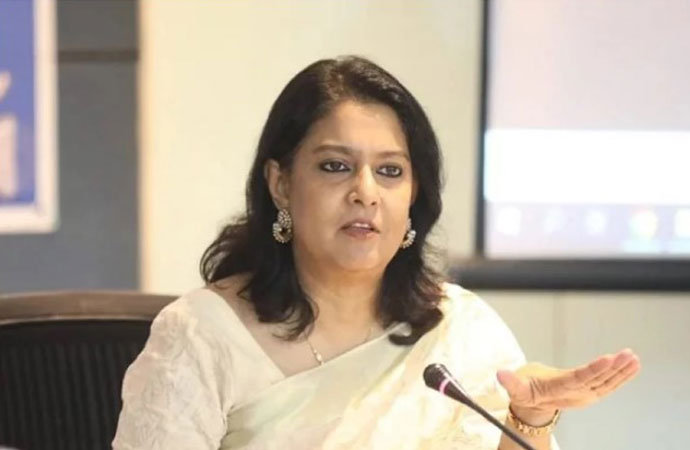
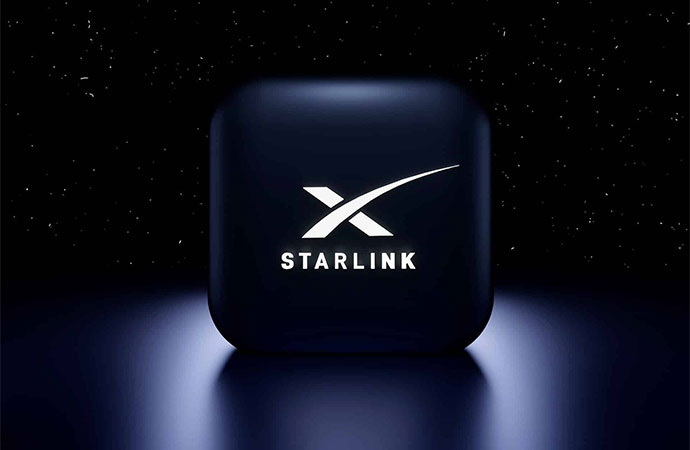










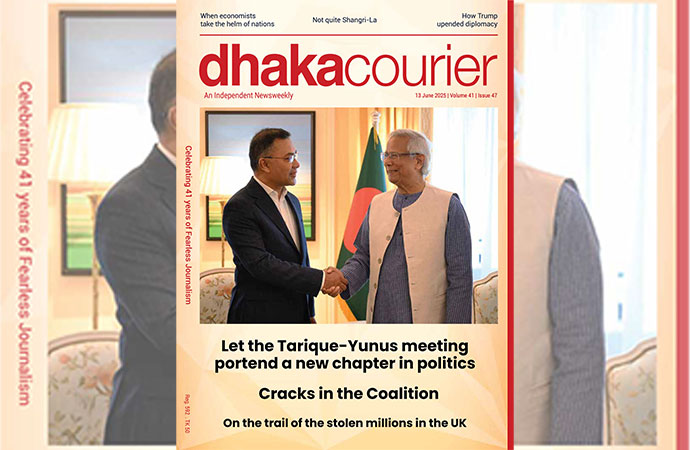
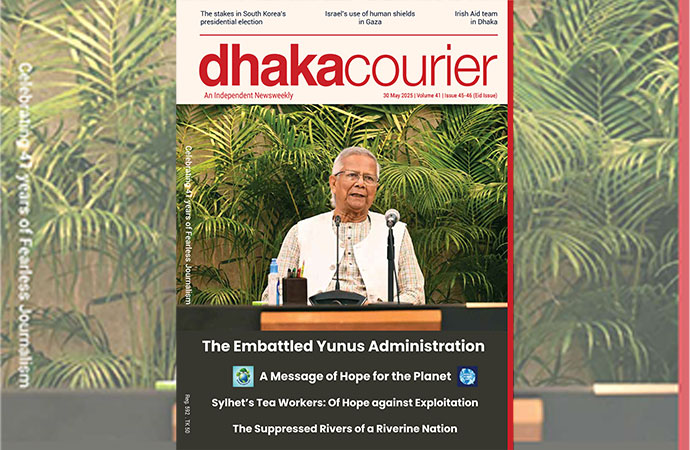
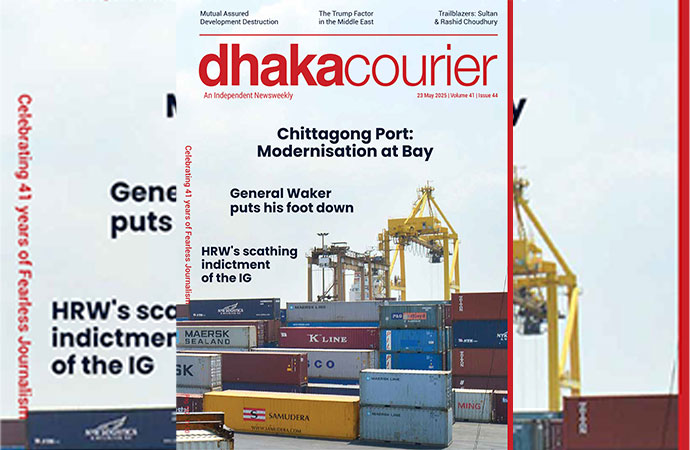
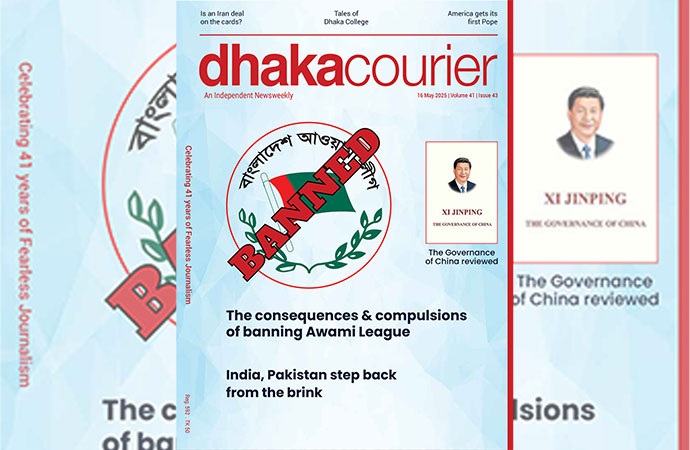
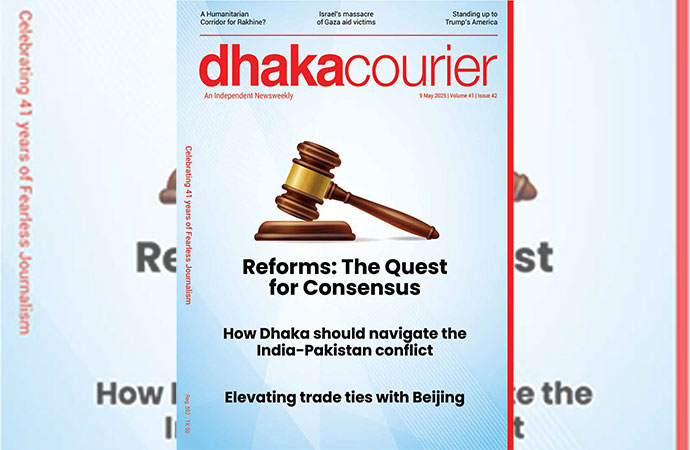

Leave a Comment
Recent Posts
Rare folk treasures at risk in ...
Amid the quiet greenery of Ulipur upazila in Kurigram, a humble tin-ro ...
Enayetullah Khan to represent ...
Enayetullah Khan, Editor-in-Chief of United News of Bangladesh (UNB), ...
The tragedy in Ahmedabad touches us all
Asset recovery a key focus; breakthroughs from talks ..
'It'll inspire youths to build Bangladesh they dream ..
UK envoy Sarah Cooke happy with Yunus’ visit to Brit ..